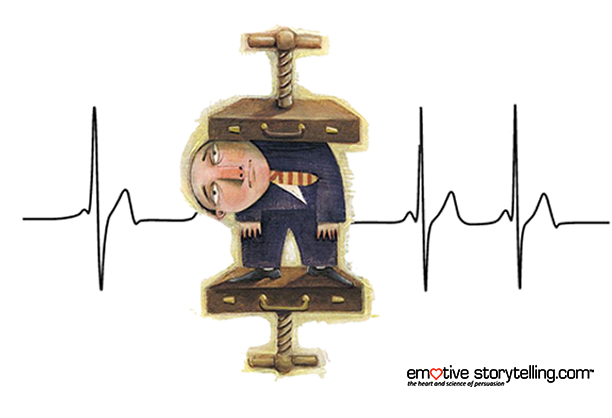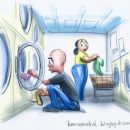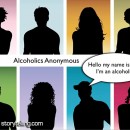
Stress reaction gene linked to coronary risk
“Stress gene tied to coronary risk: Duke University study reinforces emotional system’s role in cardiovascular disease” reads a recent news headline designed to catch our attention.
It’s not news to many of us that stress is associated with heart disease. What is news is that a subset of people (best guess at the moment is 13 percent) have a genetic variant known to make them extra sensitive to stress. Early research suggests that it could be responsible for a 38 percent increased risk of heart attack in patients with heart disease. The genetic miscoding causes an increase in sensitivity of serotonin receptors in the brain leading to large increases in the stress hormone, cortisol. Chronic excessive cortisol exposure increases vulnerability to disease, anxiety and depressive disorders.

Resilience is coping with adversity, fending off damage and “bouncing back” to normal functioning.
The researchers suggest that for susceptible individuals, it will be important to target sources of stress and to increase resilience. For this population especially, it is important to identify stressors, mitigate them, and promote a healthy mental perspective, and sooner the better. Resilience basically defined, is the way people cope with stress or adversity, fend off damage or disease and “bounce back” to normal functioning, or simply not showing negative effects.
So what does all this have to do with emotive storytelling? One solution to reducing the level of cortisol in the body (increase our resilience) is to change the upsetting stories we tell ourselves. So while genes can clearly alter our physiology, did you know that stories can too? Think racing heart while watching the heroine descend the stairs into the basement where the monster is almost certainly lurking.
Research has shown that our internal stories can also cause us to have panic attacks (“This racing heart means I’m going to die”) and depression (“There is no solution”). These stories tend to distort reality and are often catastrophic and frightening.
 Stories of adversity and how they influence expectations for the future, moving from catastrophic fears to hopeful outlook, can be illuminating. This has been demonstrated across the generations. The research cited above suggests that being careful about the stories we tell ourselves may be particularly important, and even more so for those 13 percent with the “stress gene.”
Stories of adversity and how they influence expectations for the future, moving from catastrophic fears to hopeful outlook, can be illuminating. This has been demonstrated across the generations. The research cited above suggests that being careful about the stories we tell ourselves may be particularly important, and even more so for those 13 percent with the “stress gene.”
If you’d like to bring the power of stories to your healthcare, service or technology business, let us help you to tell your story to your patients, employees, or customers. Few strategies have been proven more effective to promote and increase the resilience of individuals and organizations than the sharing of powerful authentic stories.










No comments yet.